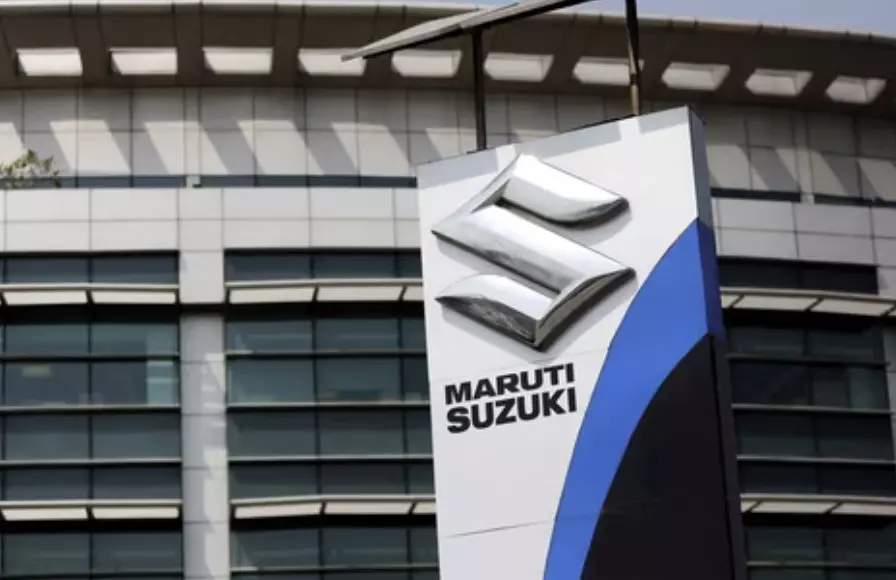Maruti Suzuki's first 5-star global NCAP rating: A new era of safety
Maruti Suzuki's first 5-star global NCAP rating: A new era of safety

Maruti Suzuki has achieved a milestone by securing its first-ever five-star Global NCAP crash safety rating. This accomplishment marks a significant shift for a brand often criticized for its subpar safety ratings, with many of its models previously earning only one or two stars. This breakthrough is pivotal for Maruti Suzuki as it seeks to enhance its reputation for producing safer vehicles.
Why This Matters
The model that earned this coveted rating is not a high-end vehicle but the mass-market, sub-four metre Dzire. This distinction highlights Maruti Suzuki's commitment to improving the crashworthiness of its more affordable cars, rather than focusing solely on its premium models like the Grand Vitara. By achieving this rating, Maruti Suzuki aims to demonstrate that passenger safety is a top priority, countering past perceptions of negligence in this area.
What This Means for Customers
The latest generation of the Dzire stands out due to the standardization of numerous safety features, which were previously optional or unavailable. These enhancements include:
Six airbags as standard, including side head curtain airbags and side chest airbags for both the driver and front passenger.
Increased use of "Ultra and Advanced High Strength Steel" for improved structural integrity, contributing to greater overall safety.
These advancements have come at a cost, with the base model of the new Dzire now priced at ₹6.59 lakh ex-showroom. While this increase may be a concern for some, it reflects the broader industry trend towards prioritizing safety over cost-cutting measures.
Context and Implications
Maruti Suzuki's Chairman, RC Bhargava, has previously expressed concerns about the financial impact of mandatory safety features, particularly for entry-level buyers transitioning from motorcycles to cars. However, with the entry-level segment shrinking and competitors like Hyundai exiting this market, Maruti Suzuki's strategic shift towards safety is an effort to rebuild its image and customer trust.
This move is also timely, considering the growing consumer awareness and demand for safer vehicles. According to McKinsey's Automotive Consumer Survey, 58% of respondents are willing to pay more for safety, and 70% now consider it the most important factor in their purchasing decisions.
Why Safety Ratings Matter
The Global NCAP’s “Safer Cars for India” initiative has significantly influenced Indian car buyers, pushing manufacturers to prioritize crashworthiness. In the past, many popular models from Maruti Suzuki and Hyundai were criticized for not including essential safety features, often reserved for their international counterparts to manage costs.
This initiative has highlighted the disparity between the safety standards of cars sold domestically and those exported, forcing manufacturers to rethink their strategies. The increased focus on safety is further supported by government efforts to reduce road fatalities and enhance vehicle safety standards.
Looking Ahead
Maruti Suzuki's journey towards improved safety is just beginning. The upcoming assessments of its other models by Bharat NCAP, which follows similar UN-based crash safety regulations, will be crucial. It remains to be seen whether models like the Swift, WagonR, and Alto will also see enhanced safety features becoming standard.
For now, Maruti Suzuki can celebrate this achievement, having set a new benchmark for safety in India's automotive industry. This accomplishment not only elevates Maruti Suzuki's standing but also sets a precedent for other manufacturers, including Hyundai and Kia, which have yet to secure a five-star Global NCAP rating for their India-made cars.
This step towards prioritizing safety signifies a broader transformation within the industry, where safer truly means better.

